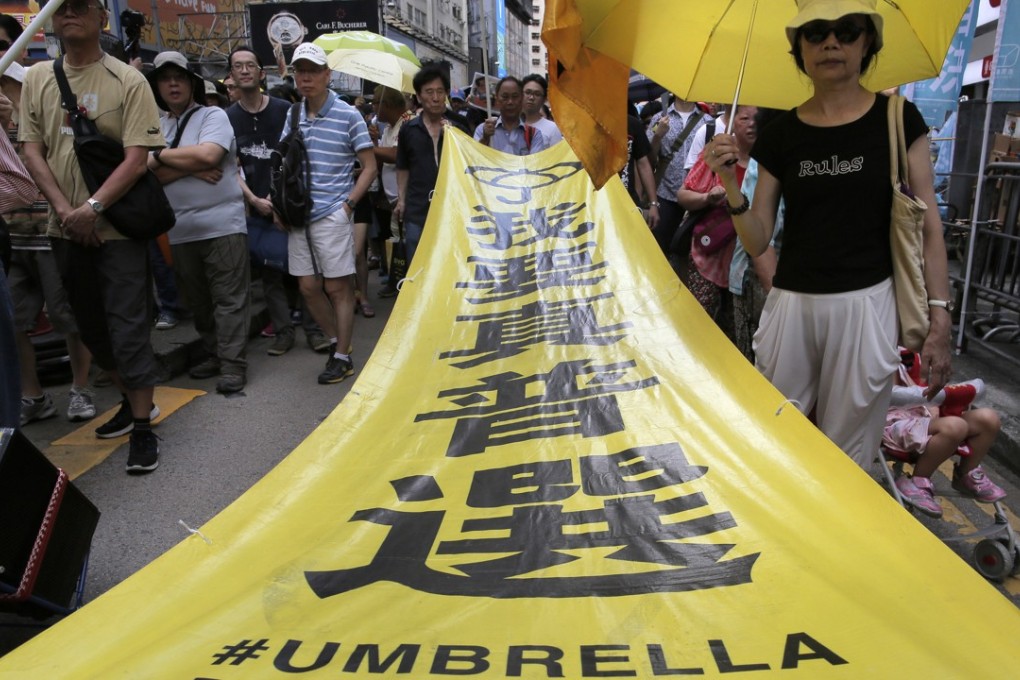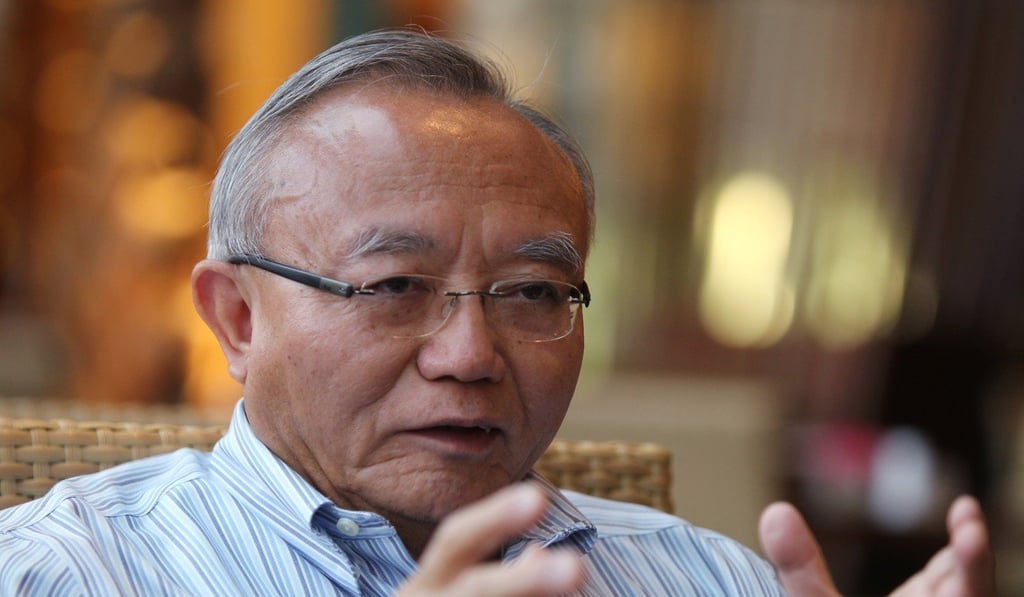Don’t expect consensus on universal suffrage between Beijing and Hong Kong pan-democrats, think tank leader says
Lau Siu-kai says Beijing already laid down framework for picking city’s leader in 2014, and it's up to opposition to accept terms

There will not be any consensus between Beijing and Hong Kong’s democratic camp on universal suffrage in the next 20 years, an adviser from a top think tank said on Thursday.
Lau Siu-kai, a former head of the government’s Central Policy Unit, pointed out that the central government had already laid down its directive on how the matter should be approached and considered the issue “solved”.
Lau, now vice-president of the Chinese Association of Hong Kong and Macau Studies – a Beijing-associated think tank – said it was now up to the opposition camp to accept the terms.
“Unless [Beijing] changes its mind, electing the chief executive by means of universal suffrage can be done only under this framework,” he said.
